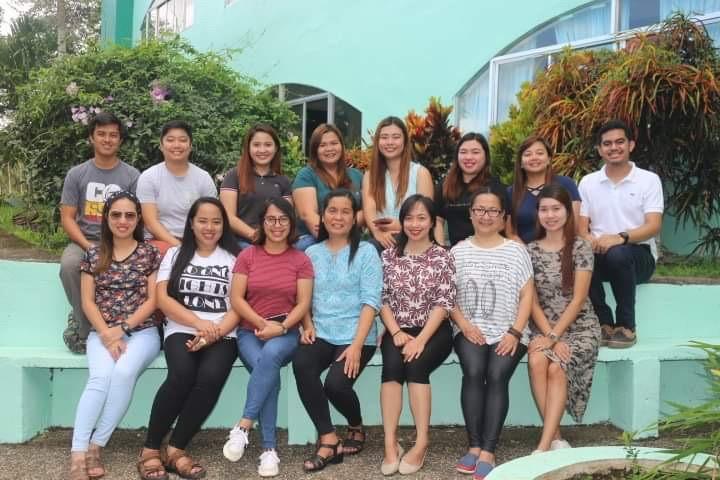
FOR IMMEDIATE RELEASE: October 29, 2019
For More Information:
Glenville State College
Public Relations Department
(304) 462-4115
GLENVILLE, WV – The Glenville State College Department of Land Resources has partnered with universities in the Philippines and Malaysia through a Collaborative Online International Learning (COIL) project to give GSC students a unique learning opportunity.
COIL differs from online learning courses because the focus is on cultural exchange, whereas traditional online courses generally focus on course content, and students interact very little with each other. Under COIL, the partner teachers work together to develop collaborative modules that help meet the goals of the individual courses while also enriching the cultural awareness of students enrolled in the courses.
“COIL creates a structured and supportive learning environment where students from around the world engage in dialogue and problem-solving activities,” said Associate Professor of Spanish and Director of International Programs, Dr. Megan Gibbons. “Students and faculty alike benefit from the exchange of knowledge and culture that happens when physical distance no longer prevents us from interacting with others.”
Through the COIL project, students will focus on field sampling techniques in different types of plant communities. The course will study the local environment in temperate regions of the US and tropical regions of Malaysia and the Philippines and will involve professors and students from three higher education institutions: Glenville State College, Southern Luzon State University (Lucban, Quezon, Philippines), and Universiti Tun Hussein Onn Malaysia (Johor, Malaysia).
Vegetation sampling is an essential technique that ecologists use to analyze the contribution of different types of species to the structure, composition, and functions of the vegetation community. There is an array of vegetation sampling techniques that can be selected depending on the type and nature of the plant community to be sampled and the objectives or goals of the research.
“My students and I began involving ourselves in COIL with GSC students in 2016,” said Dr. Alona Linatoc, Associate Professor and Head of the Department of Technology and Natural Resources, Faculty of Applied Sciences and Technology Universiti Tun Hussein Onn Malaysia (UTHM). “Being on the opposite sides of the globe, COIL has bridged this gap. COIL is a great avenue for Malaysian students to learn about American culture, the education system, and for them to see that biodiversity and conservation indeed transcend political and geographical boundaries. I am hoping that the Malaysian, American, and Philippine students shall continue learning from each other, and explore all possible learning opportunities COIL can provide.”
Dr. Amalia E. Almazol is currently a professor and Dean of the College of Agriculture at Southern Luzon State University, Philippines. “I am pleased to have my class involved in COIL,” she said. “This project will provide my students with an opportunity to interact with students from other countries. The project will allow them to learn about the diversity of vegetation types in tropical and temperate countries. This collaboration will strengthen our international linkages that work well with our program accreditation.”
Professor of Forestry and Chair of the Department of Land Resources at GSC, Dr. Rico Gazal, is optimistic about the opportunity for his students to learn internationally without leaving Glenville. “COIL is an innovative technique that allows my students from GSC and partner institutions abroad to explore various ecological issues that usually have global implications,” said Gazal. “I designed this COIL to promote collaborative intercultural learning and interaction. This type of project allows me to enhance my students’ international experience without having to be away from Glenville’s campus.”
For more information about the Land Resource academic programs at Glenville State College, contact the Department of Land Resources at (304) 462-6370. For information about COIL and International Education at GSC, contact Gibbons at (304) 462-6321.

